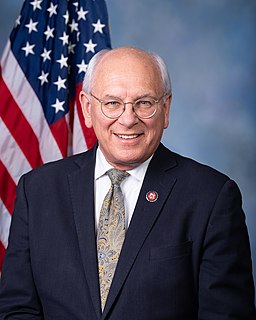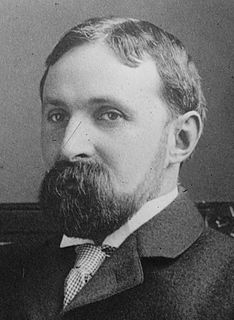A Quote by Emily Thornberry
I was 10 when the Equal Pay Act was passed. It was pretty inspiring stuff.
Related Quotes
I act for love. I give it my all. I would probably still do it even if I wasn't paid at all. But in terms of equal pay, I need to be paid the same as the guy who has equal billing with me. Otherwise, I won't do it. Because if you accept less, you're just letting everyone else down and continuing the cycle.
Equal pay for equal work continues to be seen as applying to equal pay for men and women in the same occupation, while the larger point of continuing relevance in our day is that some occupations have depressed wages because women are the chief employee. The former is a pattern of sex discrimination, the latter of institutionalized sexism.


































